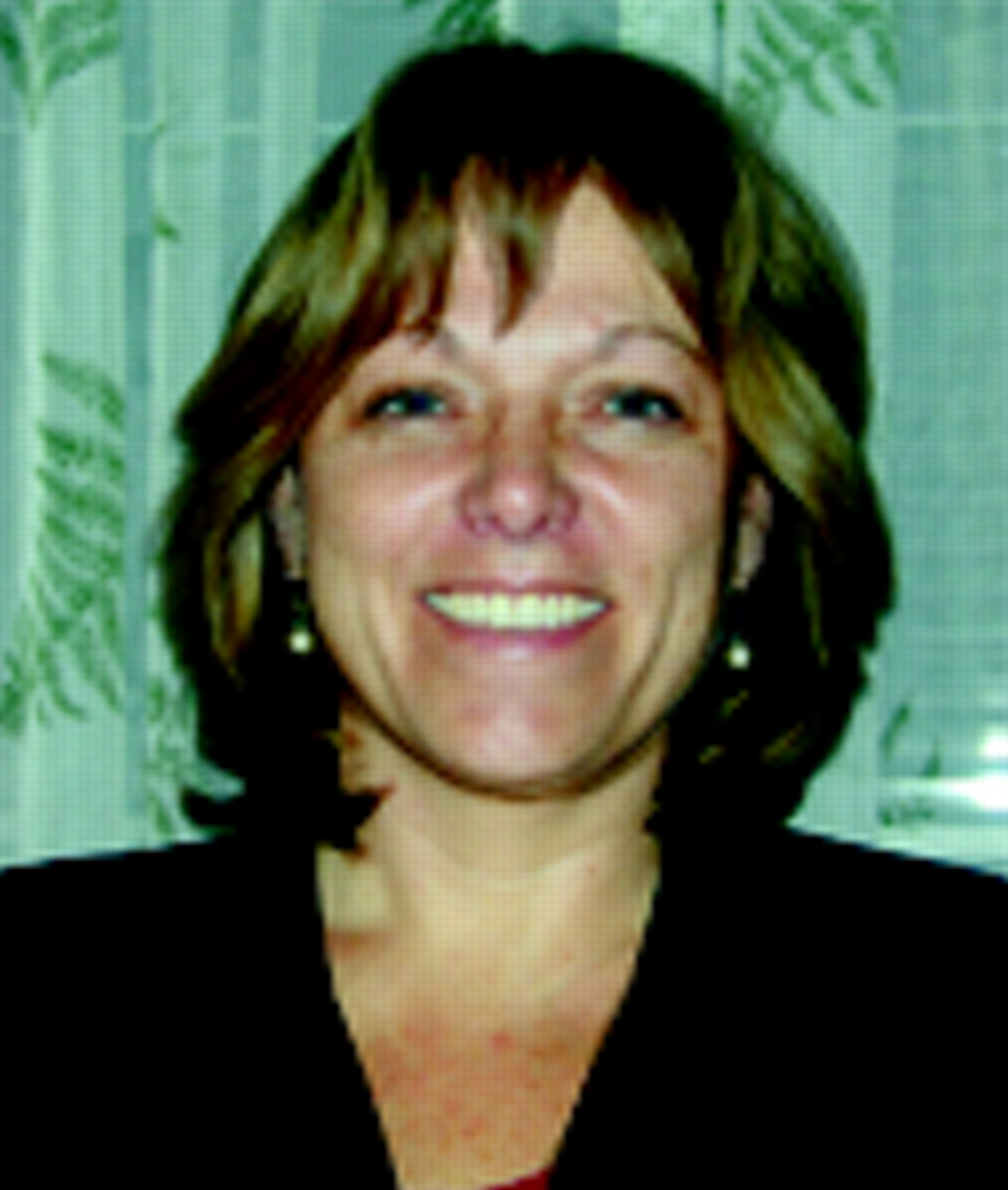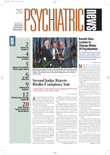In the afterglow of the APA annual meeting in New Orleans, I want to tell you a bit about activities of the Early Career Psychiatrists (ECP) Committee at the district branch, Area, and Assembly levels.
As ECP Committee chair in my district branch, I attend the Area 2 ECP meetings and was appointed Area 2 ECP deputy representative to the Assembly.
As a novice to the Assembly, the well-prepared and timely schedule of ECP events prepared by Drs. Joe Schwartz of Maryland and Ron Albucher of Michigan, who cochair the ECP Committee, deftly guided me through the Assembly process. This schedule arrived in advance of the meeting by e-mail, coincident with the overwhelmingly large packet of Assembly reports and action papers forwarded by the APA national office.
The schedule was supplemented by agendas for each ECP meeting that was to take place during the four days over which the Assembly conducts its business. Also included in the packet were copies of the action papers that we would be reviewing and reporting on as a committee.
ECP activities began on Thursday evening, May 3, with a memorable dinner arranged by committee member J.T. Thornhill at Bella Luna Restaurant. The group assembled, reacquainted, and we introduced old and new members. Dinner (neatly under budget, I might add) gave way to the work of the evening, going over action papers and reviewing assignments until late in the night.
Friday morning was time for a final review of papers and reports. The Assembly’s first plenary session began at noon. Opening remarks, reports, assignments, and memorials were on the agenda. When the plenary ended in mid-afternoon, ECP representatives reported to their Area meetings where a different set of action papers were reviewed and discussed.
Following Area meetings, a series of reference committees met to review papers within topic areas, and ECPs were represented at all of them. These committees hear supporters and opponents of action papers the Assembly will take up during the rest of its meeting. By the close of the day, the reference committees were prepared to make recommendations to the Assembly on each of the actions.
After a short break and an Assembly dinner, ECPs came together again to complete discussions of our assigned action papers and hear from candidates for Assembly speaker-elect and recorder. We also met for a short time with the Members-in-Training Committee.
After a second late night of meetings, the morning began early with another Area meeting. There, members of the Area reported on each of the reference committees they attended. Each Area then decides to support, oppose, or make no comment when the action comes to the Assembly floor.
During the course of the Saturday and Sunday plenary sessions, each reference committee presents and makes recommendations on the action papers it reviewed. The reference committees are assigned papers according to how they fit into APA’s five strategic goals—advocating for the patient; advocating for the profession; supporting education, training, and career development; defining and supporting professional values; and enhancing the scientific basis of psychiatric care. Assembly members then debate the proposals and take action on them.
After the Saturday plenaries, the Area Councils met once more to address individual Area business.
On Sunday morning, just prior to the final plenary session, the ECP representatives gathered for the last time during this Assembly in a meeting chaired by Drs. Schwartz and Albucher. In the plenary session that followed, Dr. Schwartz gave the ECP Committee’s report to the Assembly and introduced Dr. Stuart Anfang of Massachusetts, the new chair of the ECP Committee. The Assembly adjourned just before noon.
But that was not the end of the ECPs’ business. On Monday, bright and early, the ECP Committee met once more to discuss the committee’s philosophy, structure, and process.
Once I returned home, I prepared a report for my Area and district branch on ECP activity at the Assembly.
ECPs can feel confident that their committee in the Assembly was well organized, informed, and effective. Of note, every committee member is required to evaluate his or her own performance—the ECP Committee identified effective representation from its members as a priority.
I hope that this descriptive overview of ECP involvement in the Assembly has interested some of you. As you can see, the ECP Committee is involved at every level and makes sure that ECPs have a voice in APA policy.
There are many ways to become an advocate for our patients and our profession. As ECPs we have been given a seat at the table in APA, and it’s up to us make the most of this opportunity to impact our future and that of our patients. ▪

